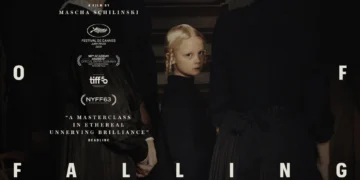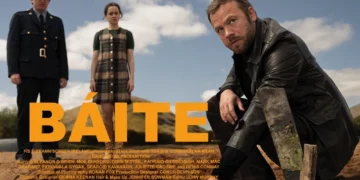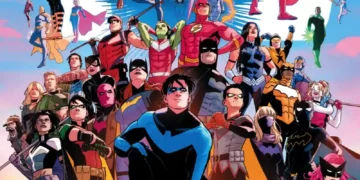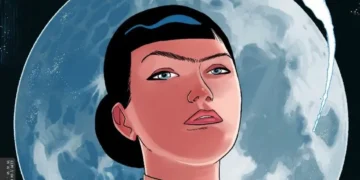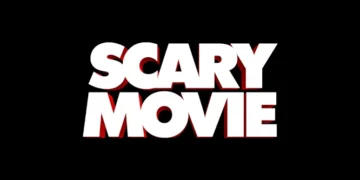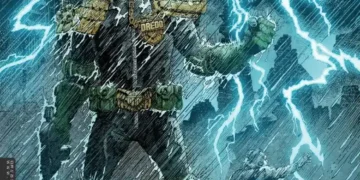Written By: Matt Hawkins and Ryan Cady
Based on an idea buy: Steve Sinclair with Cam Rogers and Ryan Mole
Artist: Studio Hive
Lettering: Troy Peteri
Publisher: Image Comics/Top Cow
January saw the release of the third instalment of Warframe, released in association with Image Comics. The series, an official extension of the Warframe video game universe (Digital Extremes), is co-written by Matt Hawkins (Think Tank, The Tithe) and Ryan Cady (Magdalena), who have built upon the original concept of Steve Sinclair. Art is provided by Studio Hive. Troy Peteri (Letters) and Kevin Glint (Covers) help to make up the rest of the team.
As per the third-person shooter, Warframe revolves around the Tenno, a race of ancient warriors who have awoken from centuries of cryosleep to find themselves at war. Here, the antagonists are the Grineer, a matriarchal race of militarized and deteriorated human clones built upon metal, blood, and war. The first issue opens with the Grineer attacking a helpless village which, like the many burned before it, is thought to be home to ancient Orokin artefacts. Not long into the raid though, one of the Tenno arrives, and slowly Captain Vor and his monstrous horde are driven back. The opening scenes are brimming with action which, more than anything, highlights the fantastic art Warframe has to offer. Studio Hive pays homage to the parent video game with each panel and yet, as a reader, you can’t help but feel they strive for something extra too. The attention to detail is most obvious in the larger panels, where rain, fire and lightning create an immersive world for die-hards and newer fans alike.
Nevertheless, while the background world of Warframe is painted in a vivid way, it’s the story at large which fails to leap off the canvas. Issue 1 focuses on the initial attack of the Grineer and the heroic Tenno, Excalibur, who comes to the rescue of a local girl named Mitsuki. Issue 2 expands on the Warframe universe well, fleshing out the motivations of the warring factions. We also meet more of the famous Tenno, and the importance of Mitsuki becomes clear. At this stage though, many of the mistakes had already been made. Firstly, the story doesn’t give itself any real protagonist (though Mitsuki seems a contender), a fault which caused it to false-start on more than one occasion. Secondly, despite a heavy chunk of action in each issue, the dialogue is written in such a way as to erode any pace the story has, with Captain Vor in particular often found repeating himself. Worse still, even when the dialogue is tight, it frequently ends up in the wrong mouth, with many engaging in tension numbing philosophy. Thus, in a story with very few characters to begin with, several feel forced.
Overall, a semi-promising plot suffers under the combined weight of the little things. Perhaps Warframe should stick to the screen.
Overall: 4.5/10
Kyle is a pharmacy graduate who spends most of his free time playing with words. A fan of sci-fi and fantasy, he runs a blog over on yourelisteningnow.com and is currently working on his first novel, Mist Rock (italics). In the past he wrote with the award-winning UCC Motley magazine and was nominated for the 2016 Colour Writer of the Year at the SMedia awards.






